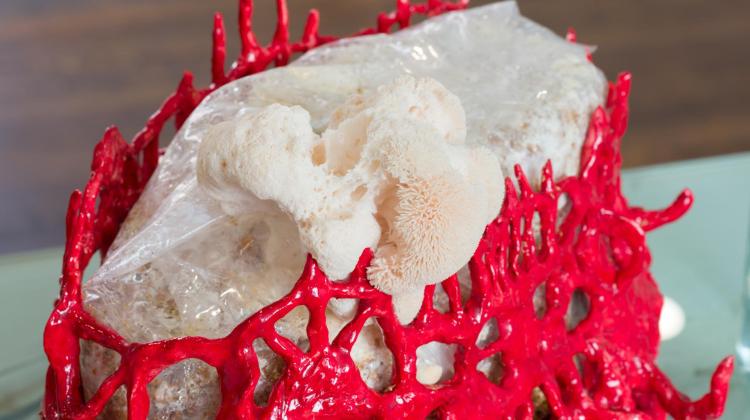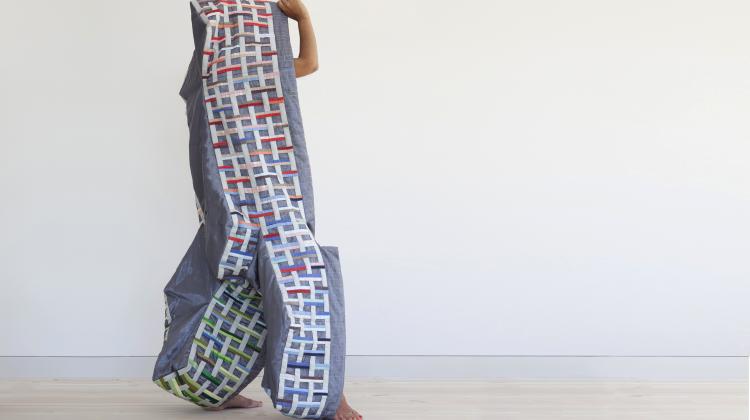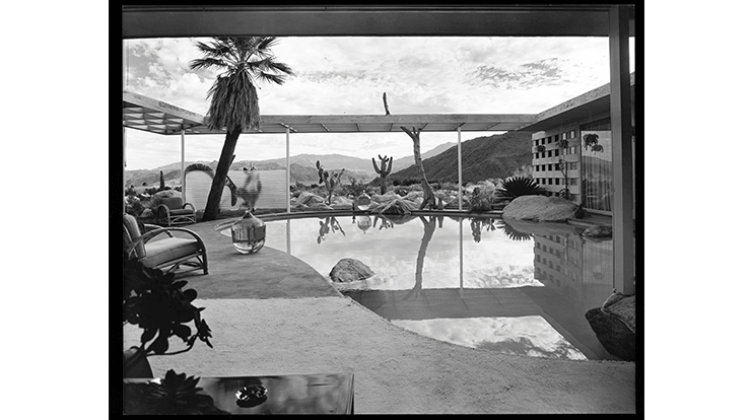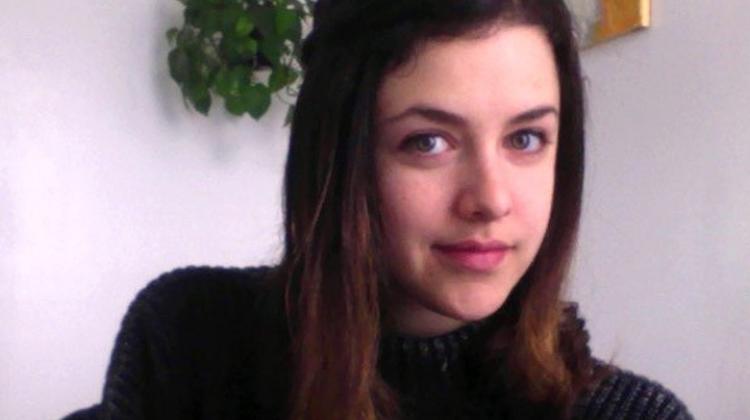4.657
Design: The History of Making Things
Examines themes in the history of design, with emphasis on Euro-American theory and practice in their global contexts. Addresses the historical design of communications, objects, and environments as meaningful processes of decision-making, adaptation, and innovation. Critically assesses the dynamic interaction of design with politics, economics, technology, and culture in the past and at present.
4.657 Syllabus (MIT Certificate protected)
Spring
2023
5-0-7
U
Schedule
TR 2-3:30
Recitation 1: W 10-11
Recitation 2: F 10-11
Location
Lecture: 3-133
Recitation 1: 5-216
Recitation 2: 5-231
Required Of
BSAD, A minor
Restricted Elective
BSA, Design Minor
Enrollment
Limited to 36
HASS
A
Can Be Repeated for Credit
No






